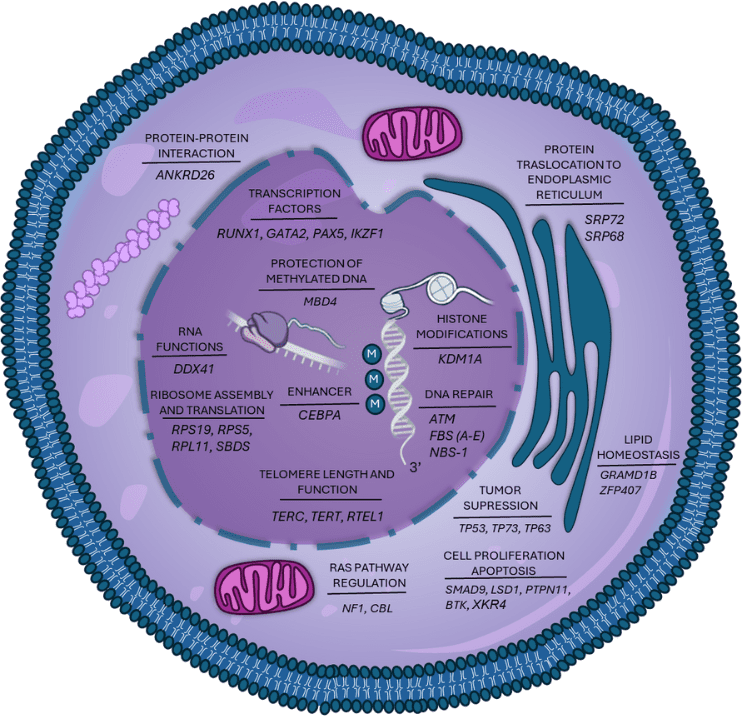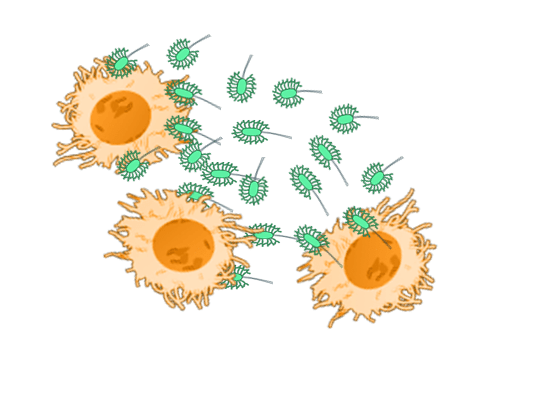A genome-wide association study identifies new loci associated with response to SARS-CoV-2 mRNA-1273 vaccine in a cohort of healthy healthcare workers.
Autores: Cabrera-Serrano AJ, Ruiz-Durán L, Gutiérrez-Bautista JF, Carretero-Fernández M, Ter Horst R, Li Y, Reyes-Zurita FJ, García-Verdejo FJ, Netea MG, Sánchez-Rovira P, López-Nevot MÁ, Sampedro A, Sainz J
08/2025 - Frontiers in immunology











